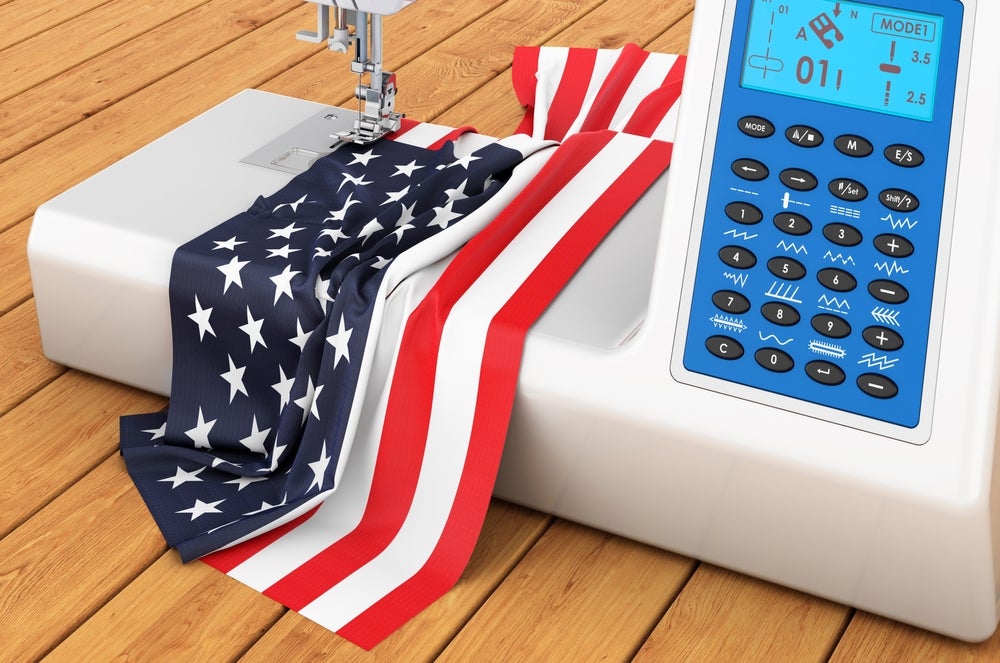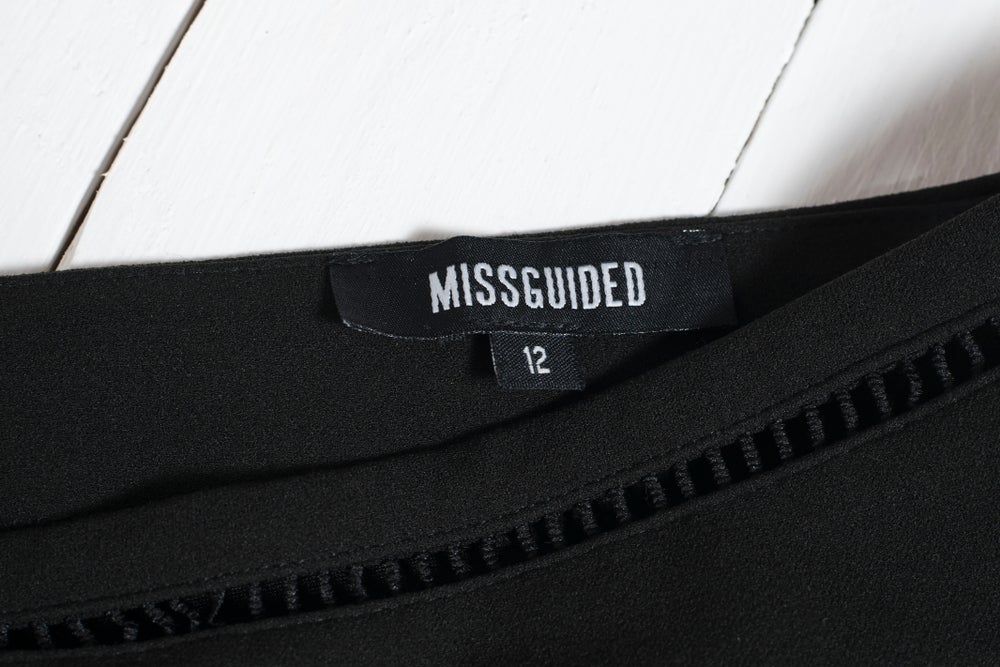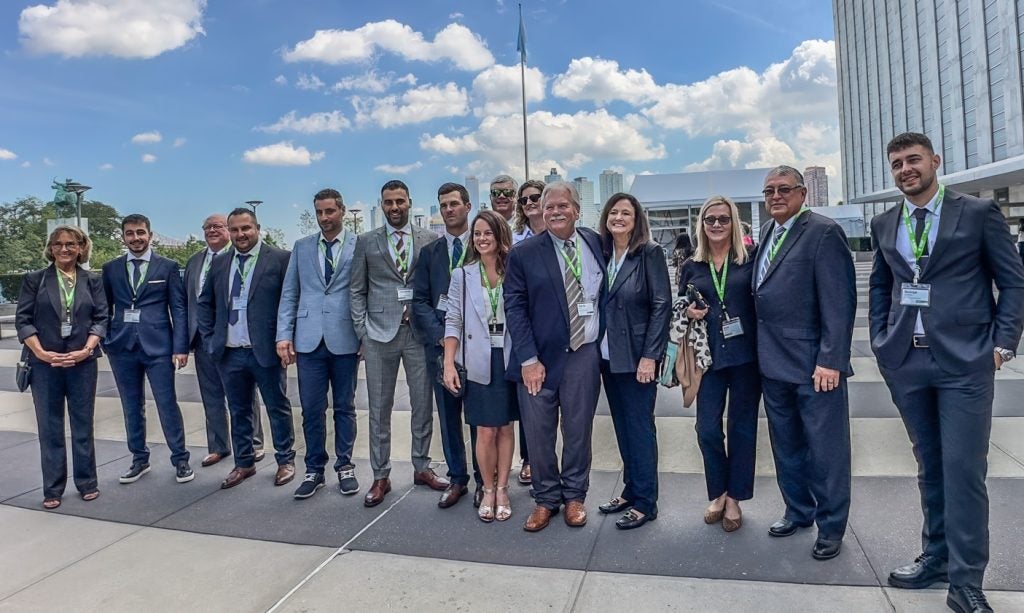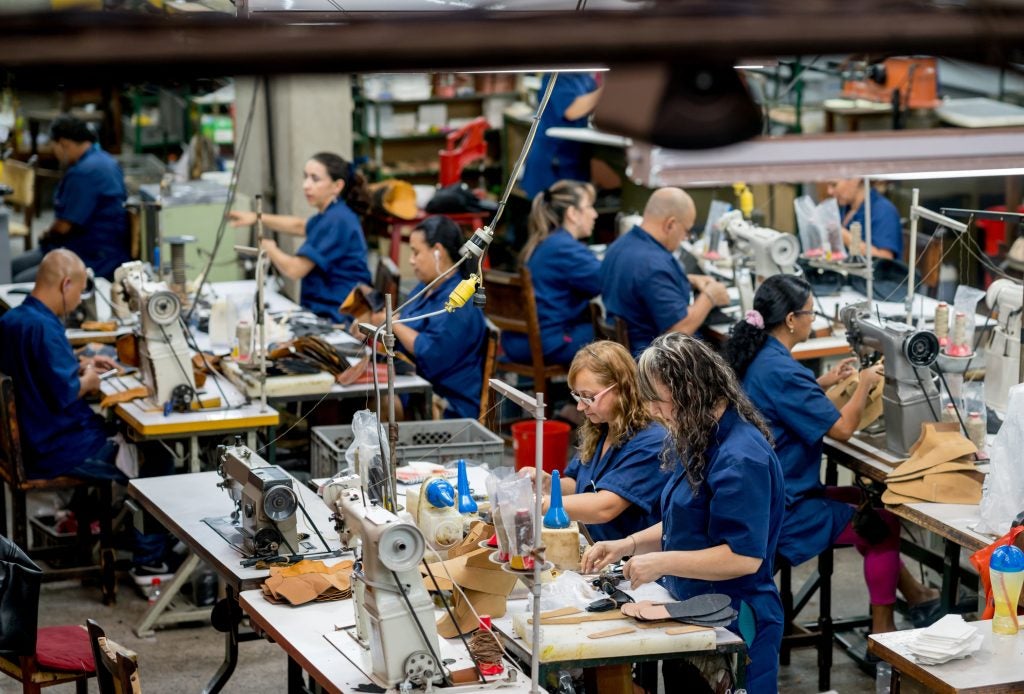In an effort to address longstanding challenges faced by garment workers and revitalise the American garment industry, Senator Gillibrand's FABRIC Act seeks to offer protections to nearly 100,000 American garment workers while simultaneously rejuvenating the domestic garment manufacturing sector.
The FABRIC Act is structured around four fundamental pillars:
- Combating subminimum wages by reforming piece-rate pay structures to ensure minimum wage as a floor with productivity incentives on top.
- Establishing new liability measures that compel major retailers to become allies in combating workplace violations.
- Introducing recordkeeping and transparency measures.
- Creating a Domestic Garment Manufacturing Support Programme designed to revitalise the industry in the United States.
The bill claims the US garment industry has confronted significant setbacks, losing over $23bn annually due to surging imports from China, noting imports from China to the US now exceed those of the 1980s by over eight times. Meanwhile, between 1995 and 2020, China gained approximately 1.25m jobs in apparel manufacturing, while the US lost around 700,000 jobs.
It claims the financial strain has been compounded by the rapid growth of the global fast fashion industry, which often prioritises profit margins over the welfare of workers and the pandemic-induced disruptions in global supply chains and the increasing popularity of the fast fashion business model which have only increased these ongoing issues.
It goes on to say this abuse has been disproportionately borne by women, people of colour, and immigrant workers, who have endured unsafe working conditions, wage theft, and piecework pay.
The FABRIC Act proposes several key protections for garment workers, including:
- Creating a new $50m per year Domestic Garment Manufacturing Support Programme administered by DOL to provide grants and technical assistance to help manufacturers address facilities and equipment costs, make safety improvements, and do training and workforce development.
- Prohibiting predatory payment-by-piece-rate compensation schemes as base pay where workers are not already paid minimum wage or covered by a collective bargaining agreement. Piece-rate pay enables bad actors in the garment industry to avoid paying workers a fair wage. The bill works to ensure manufacturers provide minimum wage as a pay floor with the option to pay piece rate above and beyond initial wages.
- Holding brands accountable for the labour practices of their manufacturing partners. This will help increase accountability in the garment industry and compel major retailers to become allies in combating workplace violations.
- Creating a new Undersecretary of Labour of the Garment Industry to oversee enforcement of these provisions as they apply to the industry.
- Creating a nationwide garment industry registry to ensure manufacturers and contractors operate according to these labour standards.
Bipartisan support
The FABRIC Act has garnered broad support, with Senators Cory Booker, Dianne Feinstein, Alex Padilla, Bernie Sanders, and Elizabeth Warren serving as original cosponsors.
Senator Gillibrand emphasised the importance of this legislation and said: "I’m reintroducing the FABRIC Act to thread the needle of protecting workers’ rights, putting an end to the misuse of piece-rate pay, and making historic investments in domestic garment manufacturing. Protecting the garment workforce has direct impacts on economic prosperity, environmental sustainability, and gender equality.”
Congressman Jerry Nadler, representing New York's Garment District, stressed the necessity of the FABRIC Act in reviving domestic fashion manufacturing and holding manufacturers accountable for labour violations that have been far too common in the industry.
Ayesha Barenblat, CEO of Remake, also expressed support, stating: “It is unconscionable in 2023 that the makers of our clothes do not make enough to feed their families. The FABRIC Act is a timely bill that would create jobs of dignity right here at home at a time when onshoring interest has gone up. The bill includes necessary investments to spur cleaner, greener manufacturing in the US.”















